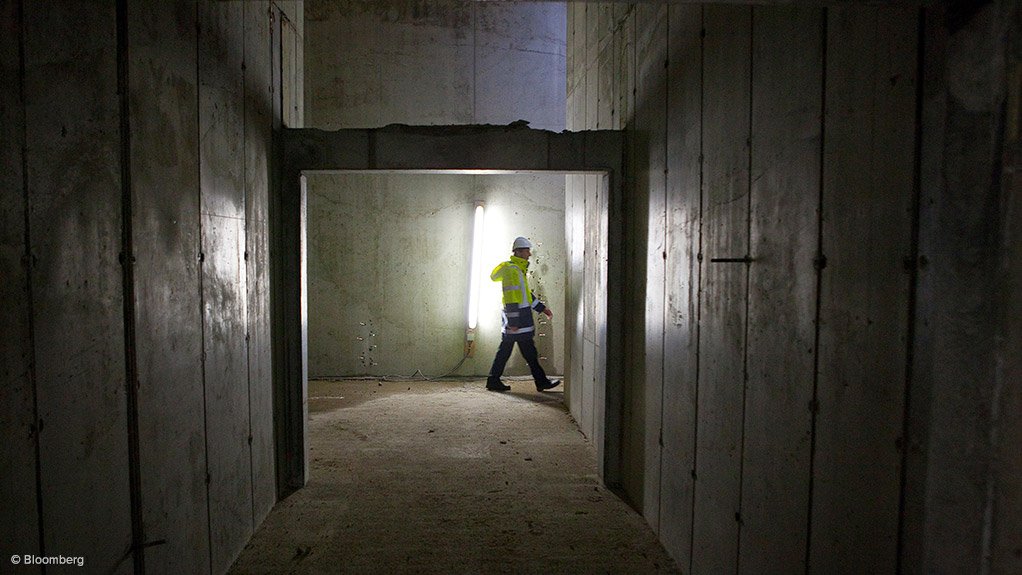The Competition Commission was aiming to complete the process of referring the cases of firms that had decided to defend themselves against the collusion claims in terms of the Phase 2 Construction Investigation, to the Competition Tribunal, by October this year, the commission said in its latest newsletter.
The commission explained that the Phase 2 investigation followed the Construction Fast Track Settlement Project, which was launched in February 2011. The fast-track settlement had been completed in July 2013, resulting in 15 consent agreements and a collective administrative penalty totaling R1.47-billion to be paid by the participating firms.
The Phase 2 Construction Investigation included firms that participated and settled certain projects under the fast-track settlement but refused to settle some projects in which they were implicated; firms that participated in the fast-track settlement but refused to settle projects they disclosed; and firms that did not participate at all in the fast-track settlement but were implicated in certain projects under the settlement.
Among the firms included in the Phase 2 investigation were Basil Read, WBHO, Raubex, Murray & Roberts and Power Construction.
“In terms of the Phase 2 Construction Investigation, the commission created a penalty regime that encourages firms that are willing to settle their implicated projects on terms better than when they would if they are prosecuted,” the commission said, adding that consistency was at the heart of this penalty regime.
It further noted that some of the firms that had not participated in the fast-track settlement, but that were implicated, had already concluded settlement negotiations with the commission.
The commission had already applied to the tribunal to confirm these consent agreements as orders of the tribunal.
Other firms were currently negotiating settlements with the commission, while others had decided to defend themselves.
“Since the commission has now made significant progress in negotiating and concluding settlement agreements with the firms that are willing to settle, it has now prioritised referral of the firms that want to defend themselves.
“When referring these cases to the tribunal for prosecution, the commission will treat each project as a case on its own and will request the tribunal to impose the maximum penalty of 10% of the firms’ annual turnover for each project/case upon the successful prosecution,” the commission said.
It pointed out that the firms that have chosen to defend themselves could, however, still negotiate with the commission to reach a settlement.
While the penalties for these firms would not be in accordance with methodology used for firms who have chosen to settle, these firms could still avoid having to pay a penalty equivalent to 10% of their yearly turnover for each project should they be found guilty by reopening the settlement negotiations.
EMAIL THIS ARTICLE SAVE THIS ARTICLE
To subscribe email subscriptions@creamermedia.co.za or click here
To advertise email advertising@creamermedia.co.za or click here











